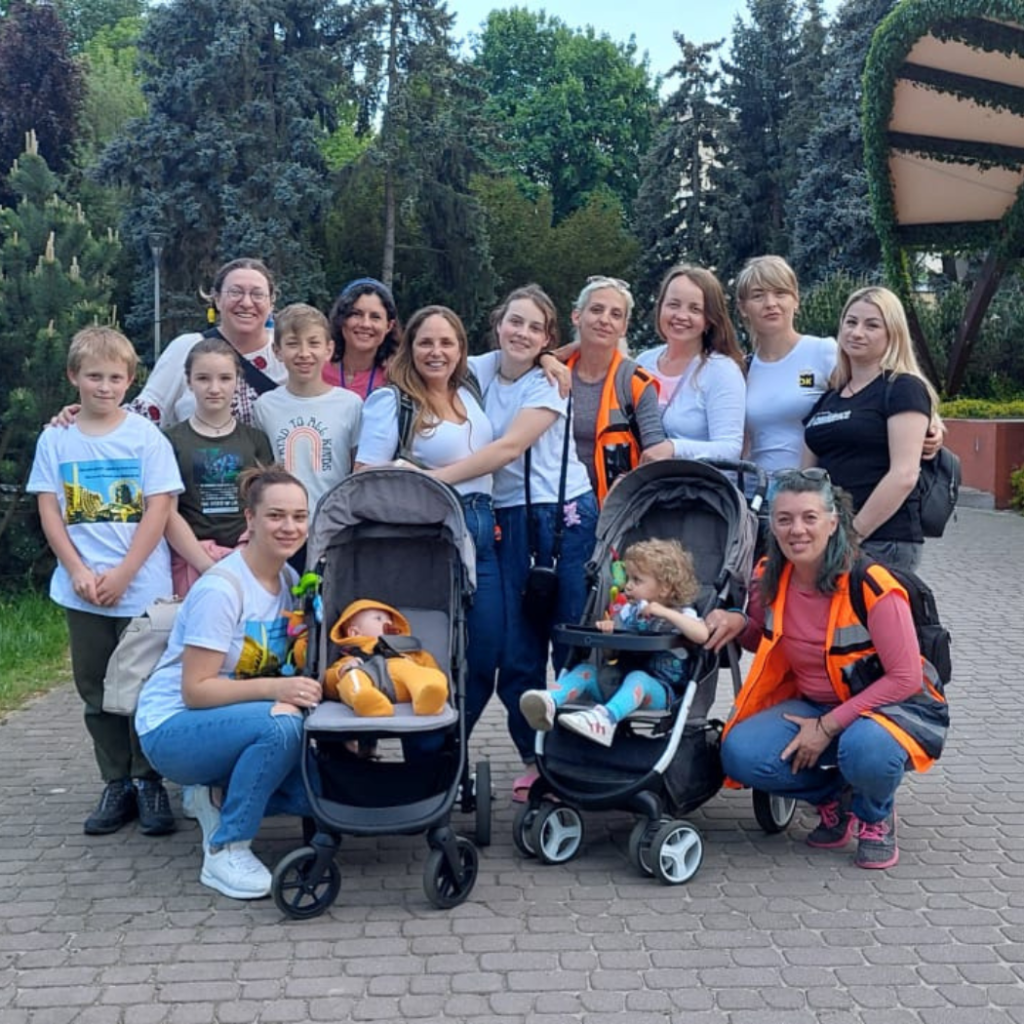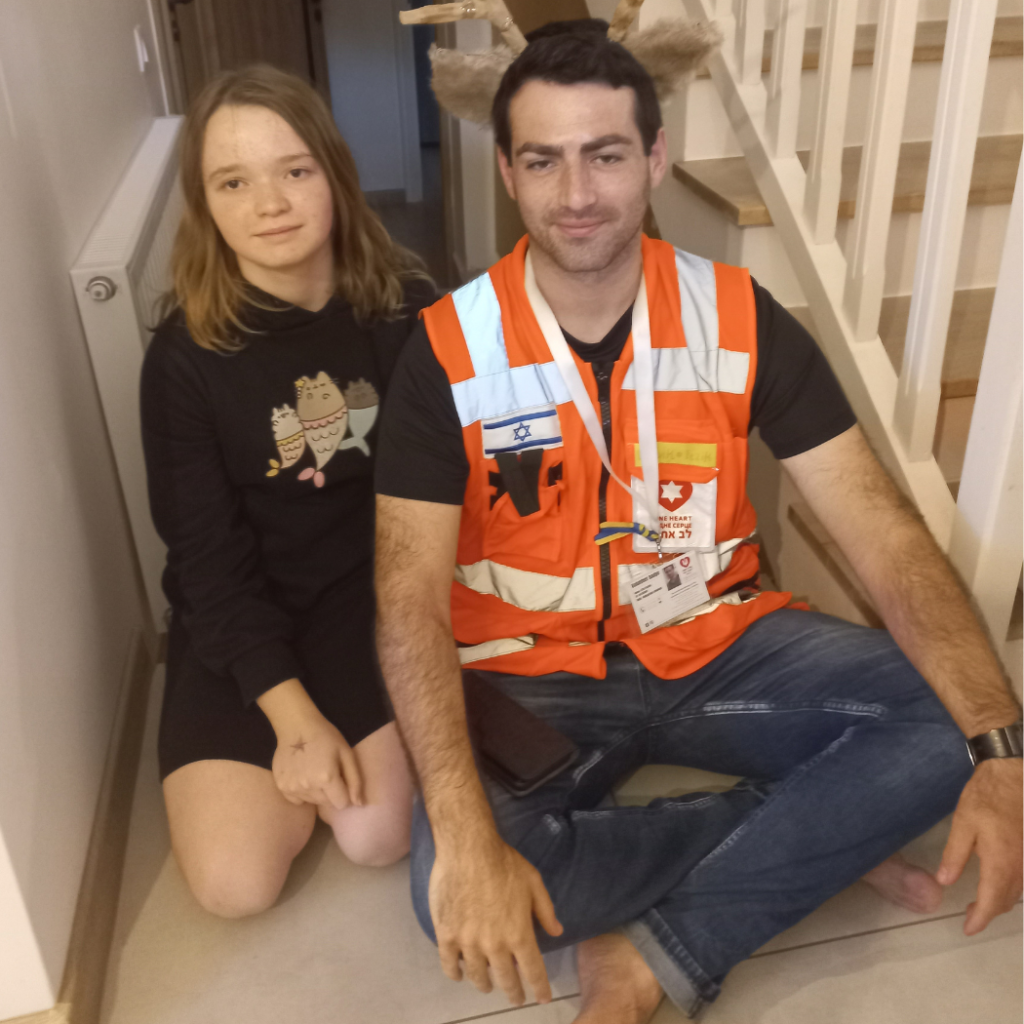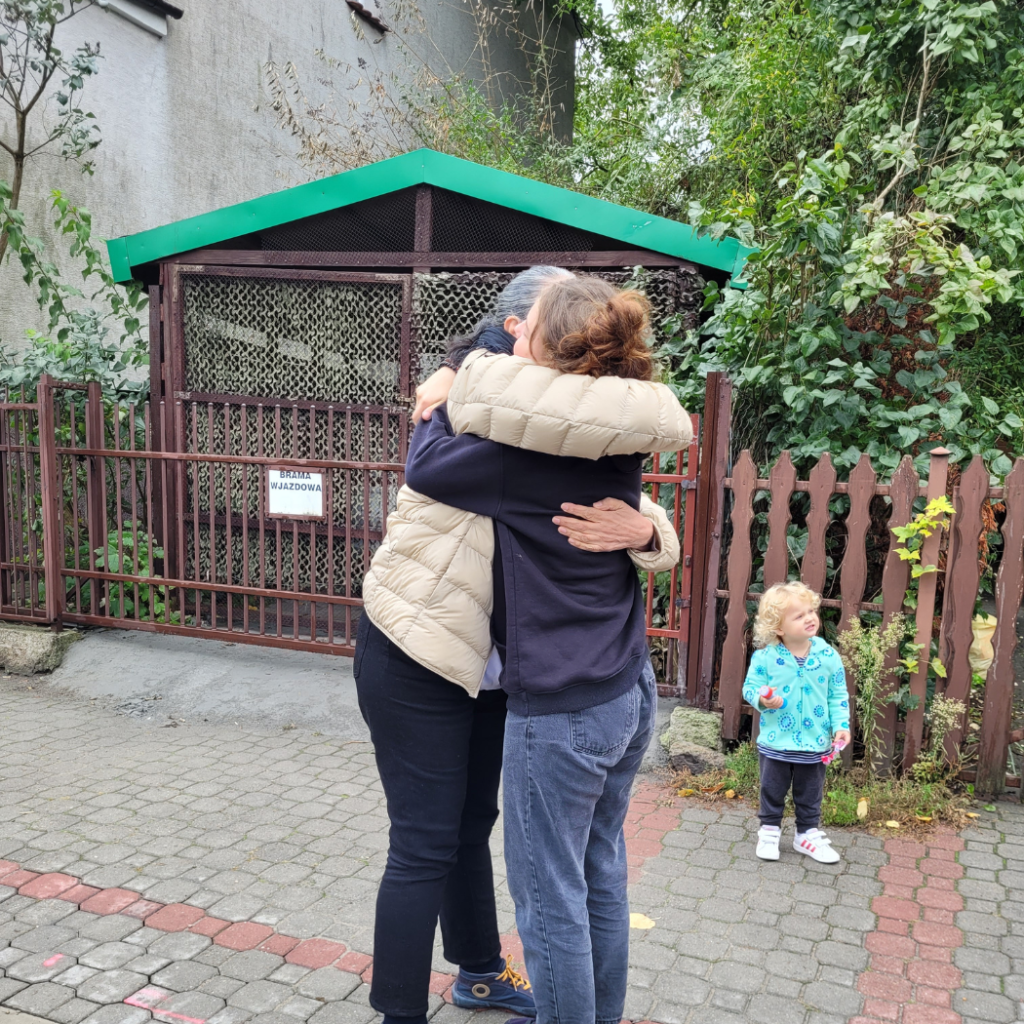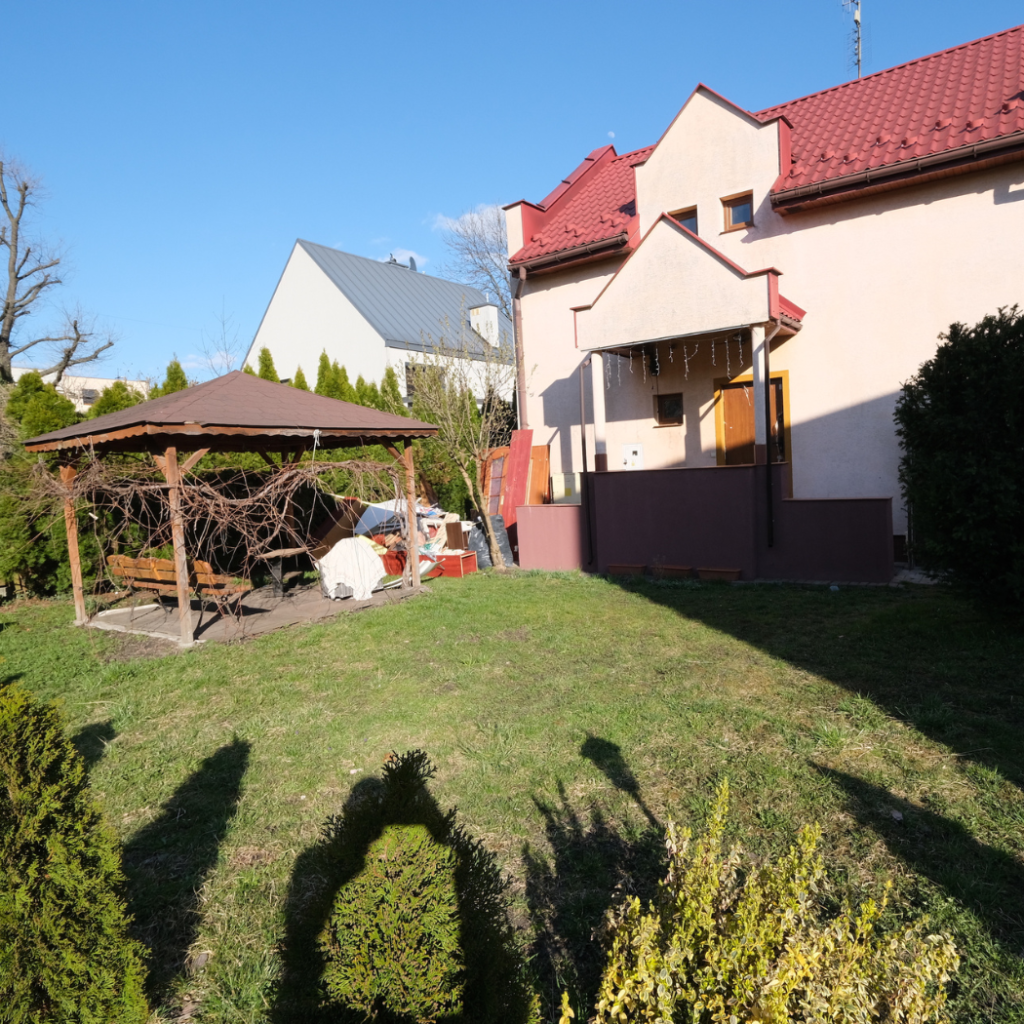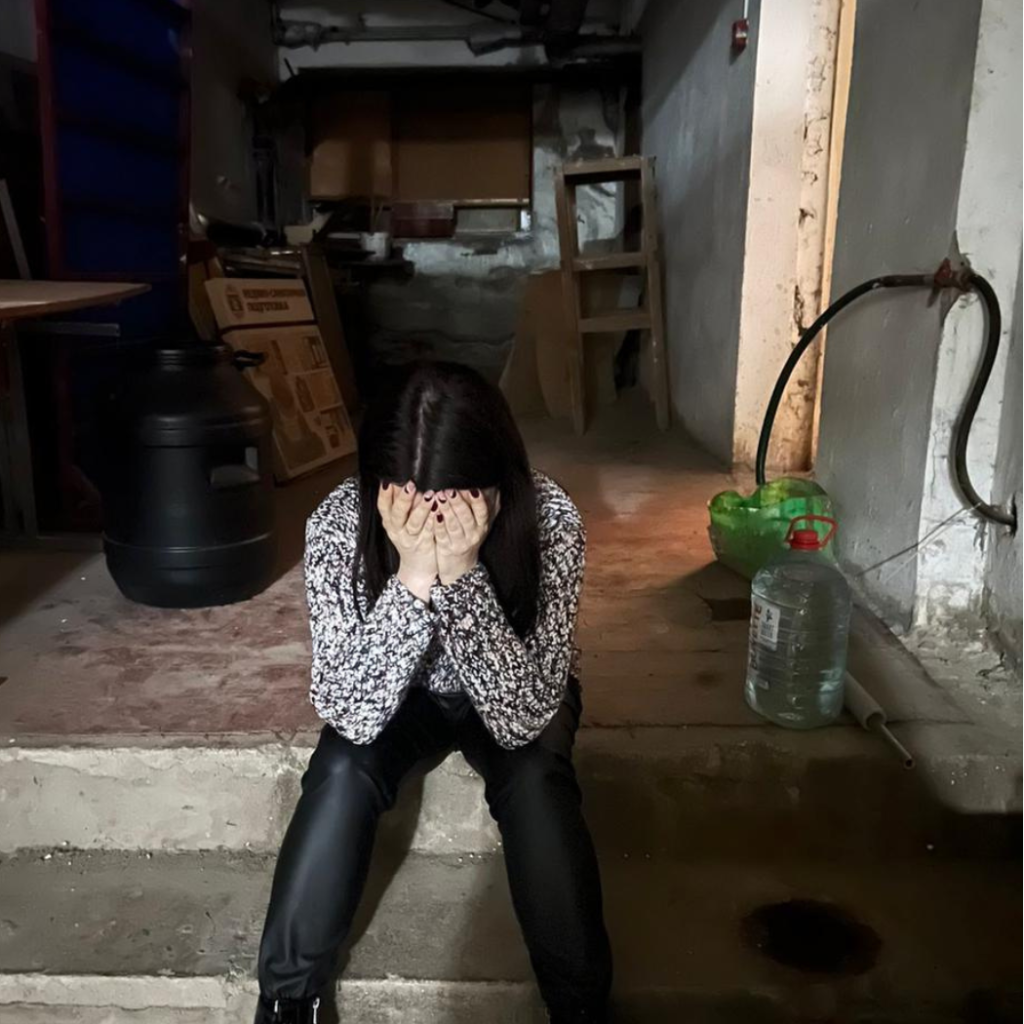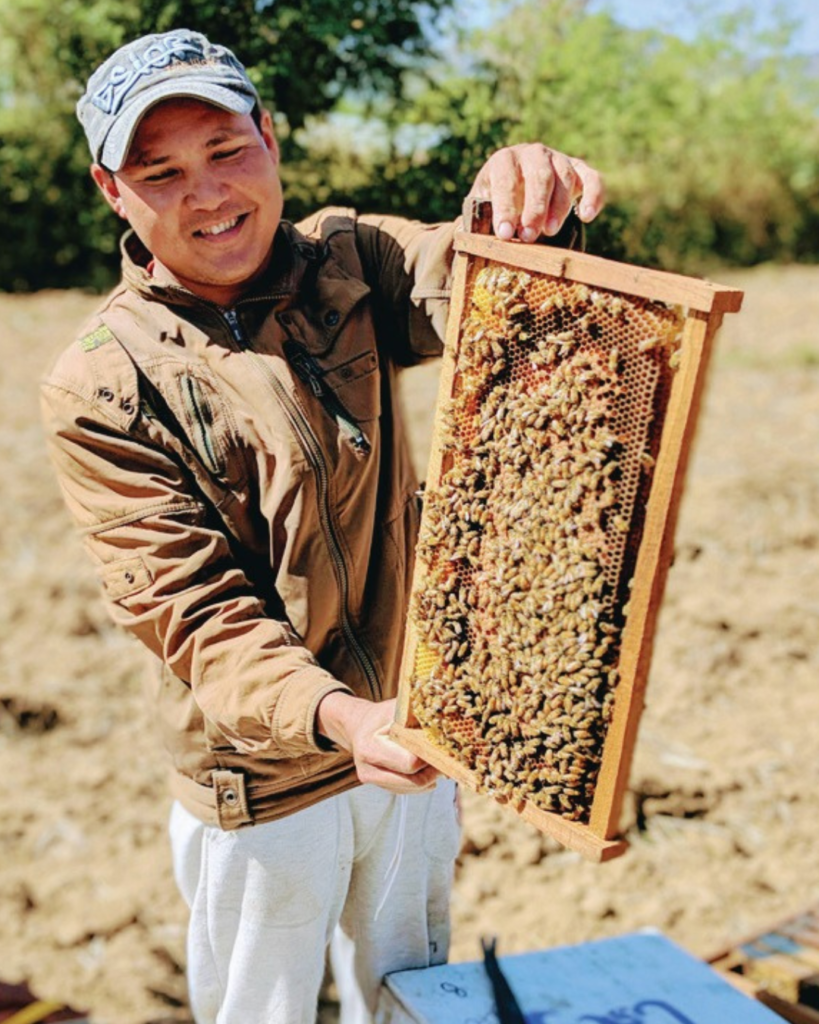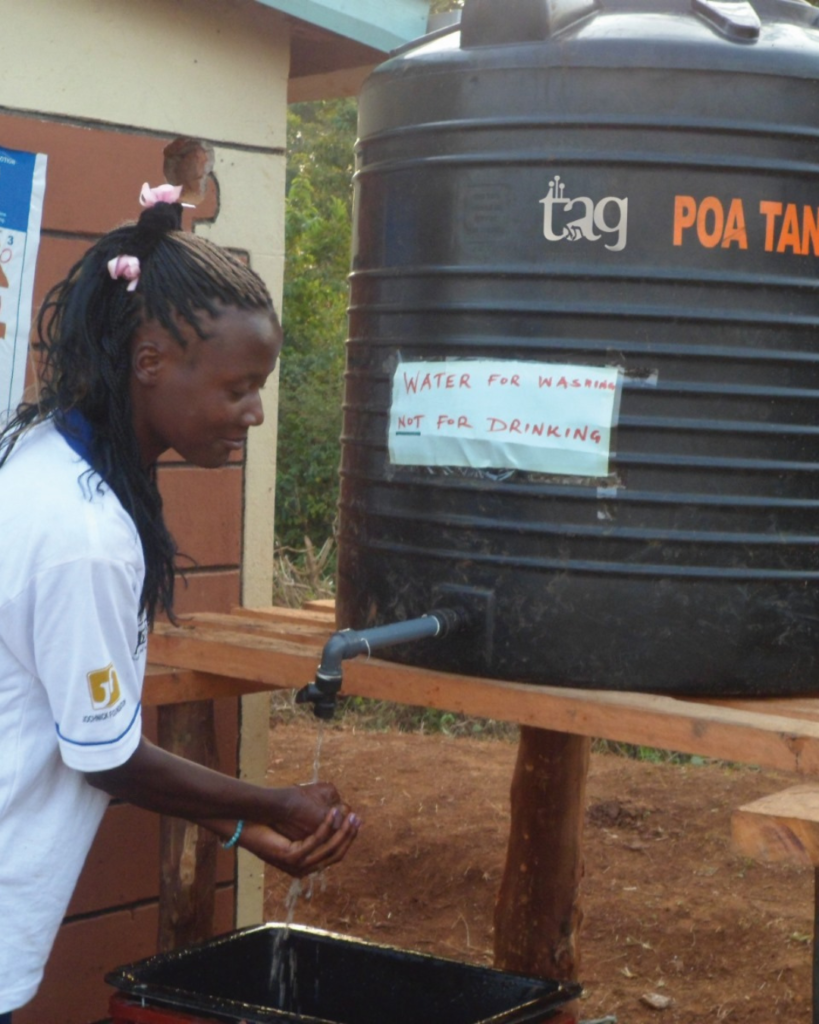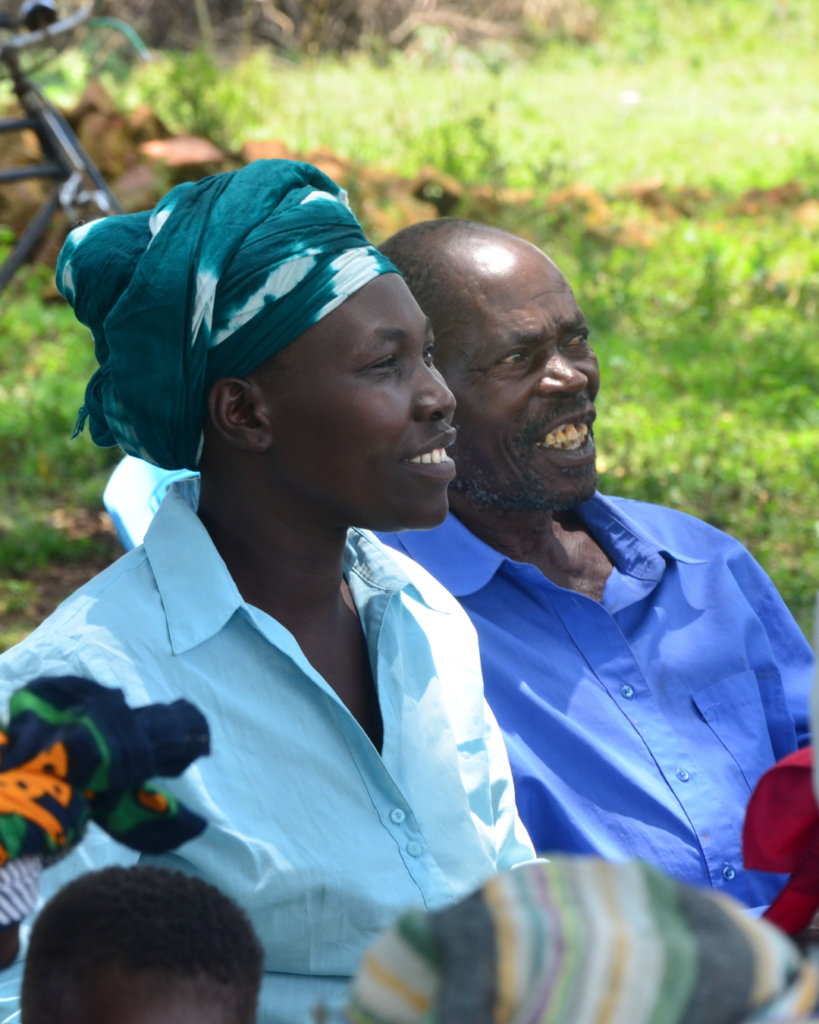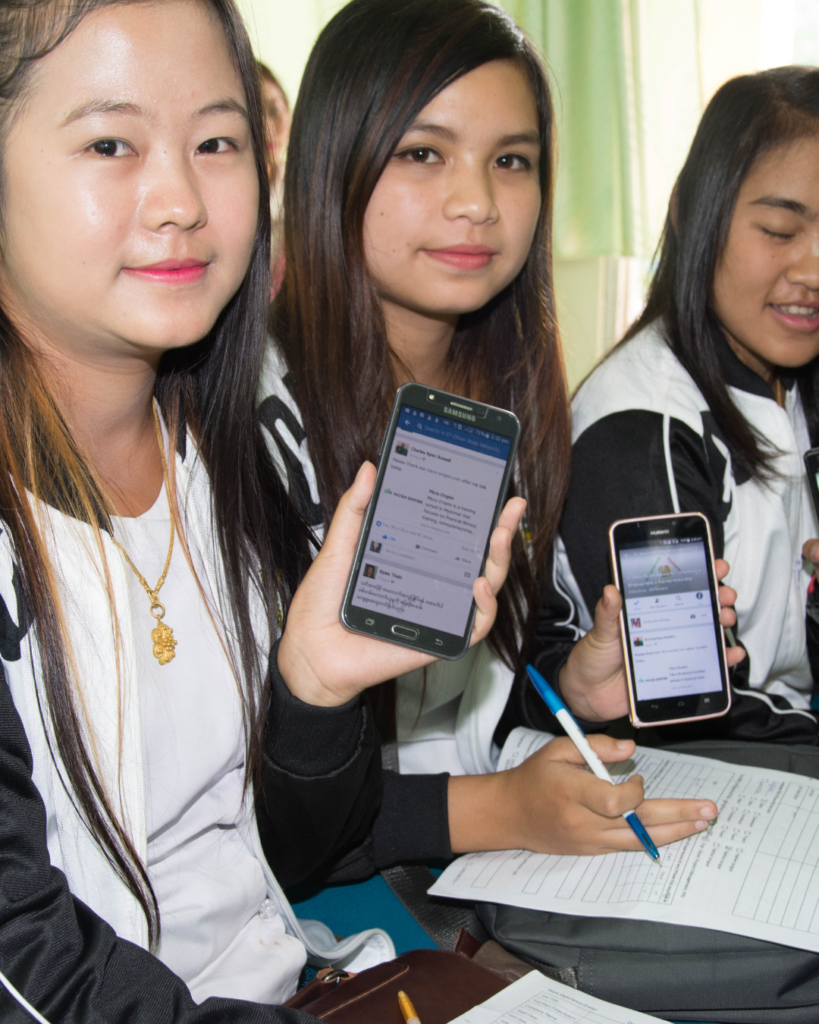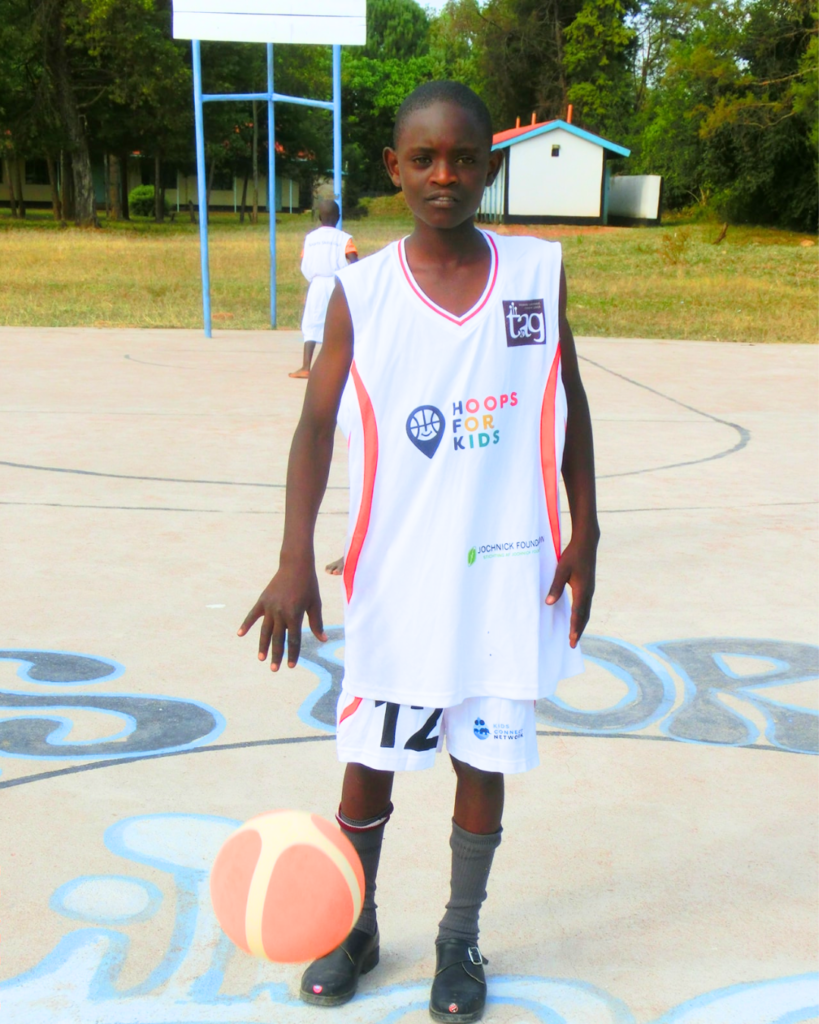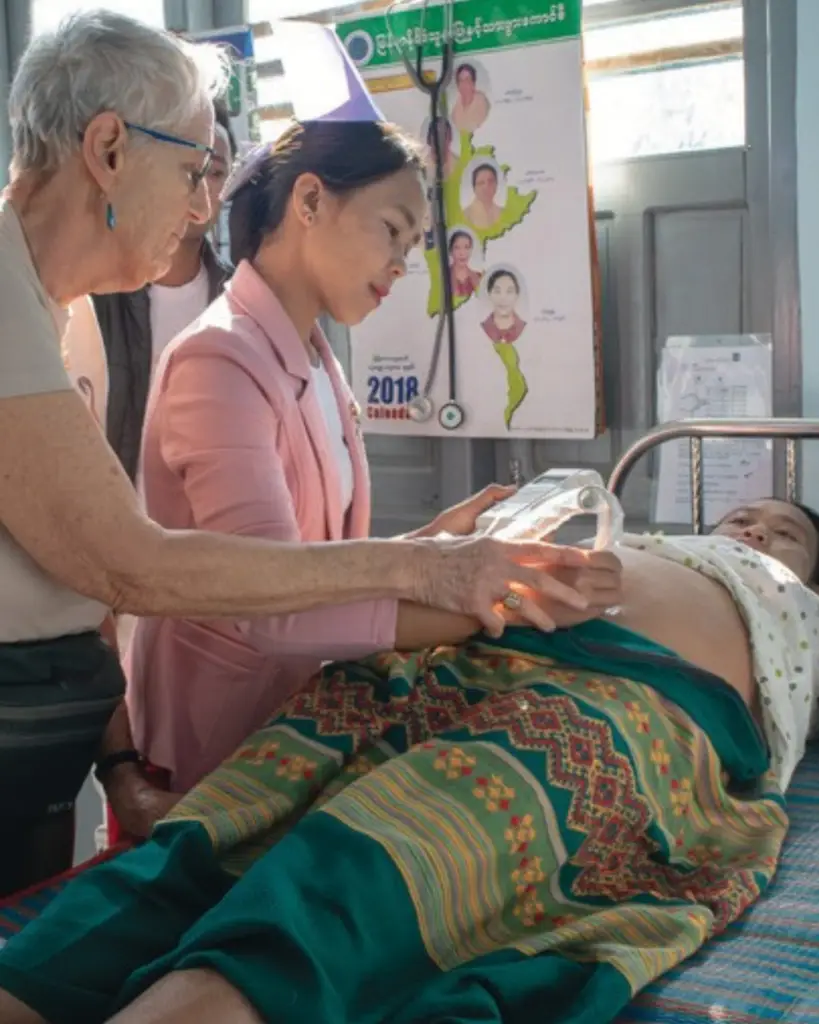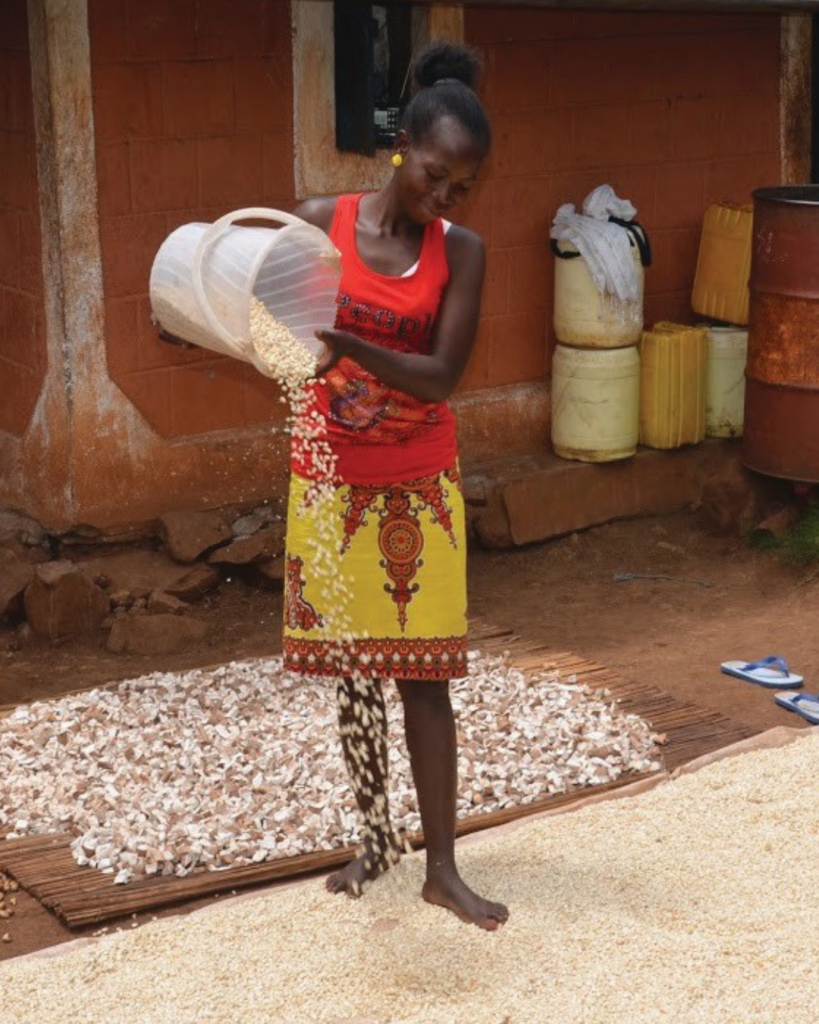After the full-scale Russian invasion of Ukraine, millions of refugees – mostly women and children – fled to neighboring countries. The vast majority headed to Poland, leading to overwhelmed border crossings and a major challenge to house already traumatized people.
In the initial weeks of the crisis, Tag partnered with Israeli NGO Topaz to send rotating groups of volunteers – almost all, speakers of Russian or Ukrainian, many of them therapists and doctors – to the Poland-Ukraine border to assist in welcoming the refugees and providing psychosocial support. The volunteers also brought with them toys, food, and other provisions to help the escapees on their way.
Our work in the border area included training aid workers and educators to develop resilience and treat extreme trauma. We also delivered a range of programs in schools to help integrate the refugee children with the local population, as well as help with treating trauma.
This effort brought about the realization that there was an acute need for women and children who arrived in Poland to have a safe and wholesome place to live while they decided their next steps. Many refugees have experienced and/or witnessed considerable horrors and needed a great deal of immediate support and assistance with emotional rehabilitation. In addition, we were aware of reports of Ukrainian refugees falling victim to further exploitation and abuse. We set up two shelters in the Polish city of Rzeszow to provide:
- Short to medium-term accommodation for women and children
- Advice and assistance in accessing government support and finding employment
- Social activities and emotional support
We continued to send teams of professional volunteers to run the shelters and to provide support to their inhabitants, each spending around 10 to 14 days in Poland. Besides managing the shelters, the volunteers:
- Provided training to staff working with refugees
- Ran summer camps for refugee children
- Ran various programs in local schools to improve the inclusion of refugees
- Provided training at universities for social work students
After a year of running the shelters, the situation for the refugees had changed. Many had moved on to a range of cities in Poland, many returned to Ukraine as the situation stabilized there, and still others moved on to settle in other countries, such as the UK. We therefore close the shelters and continue to provide remote support to the dozens of women who were our guests during that time.
Main principles
Our project operated on the following principles:
Comprehensive – Cover the women’s needs from a hot drink and a warm word to long-term accommodation and psychological treatment.
A real home – Our centers were not just temporary warehouses of people but warm, comforting, loving and caring homes where women and children felt safe and cherished.
Flexible – We operated a malleable system, designed to respond in a fluid and dynamic manner to a fast-evolving situation.
Partnership – We worked in collaboration with a range of institutions, schools and agencies dealing with refugees and city departments working with refugees.
Safety first – We prioritized ensuring women’s safety, helping them get their needs met with dignity and security.
Comprehensive approach
Outreach – We reached out to refugees at border crossings and refugee centers. We provided information about our shelters, and (if appropriate) offered a place at one of our shelters.
Transport – Safety being a priority, we ensured that refugees are transported to and from our centers. We likewise ensured that refugees returning to Ukraine make that journey safely.
Language – We helped with access to Polish language skills to enable the refugees to better integrate into society, access vital services, and secure employment.
Nourishment – Our centers enabled the residents to enjoy nourishing and comforting meals.
Guidance – We provided access to a range of information to enable the refugees to settle in, including schools for children and work opportunities for adults.
Accommodation – Our centers provided secure, comfortable and dignified sleeping accommodation for short- or long-term stays.
Psychosocial support – With social workers and therapists on hand 24/7, our guests were able to unburden, feel heard, and receive the support they desperately needed.
Emotional rehabilitation – We offered long-term, in-depth support for those who have suffered exploitation and other extreme traumas.
Vocational training – We supported the women with a range opportunity of vocational and life skills training to adapt to their new social and economic environment and achieve financial independence.
Project in numbers:
- 50 residents of our shelters
- 300 aid professionals trained
- 55 volunteers professionals recruited/sent
- 600+ school children participated in programs
- 1000+ women assisted at the border
- 3500+ volunteer hours given
- $350,000+ spent
